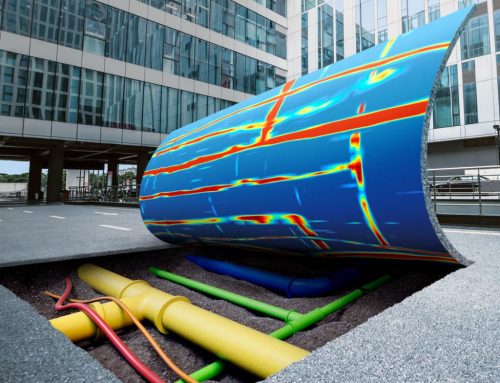PAS 128 Utility Surveys: What They Are and Why They Matter
PAS 128 is the British standard for underground utility surveys, designed to bring consistency, accuracy and clarity to how buried services are detected, recorded and presented. Whether you’re developing a new site in Chelmsford or upgrading infrastructure in Colchester, understanding PAS 128 helps you avoid costly mistakes below the surface.
What Is PAS 128?
PAS 128 outlines a structured approach to mapping underground utilities, using set methodologies and quality levels. It defines four main survey types (Type D to Type A), ranging from basic desktop records to full verification through excavation.
The goal is to reduce uncertainty. By choosing the right survey type and quality level, you can make informed decisions during design, planning or construction.
Why Does PAS 128 Matter?
Underground utilities like gas, water, electricity and telecoms are easy to overlook but vital to avoid. A compliant PAS 128 survey provides a clearer picture of where services run, minimising risk to your project, team and surrounding infrastructure.
In places like Billericay or Harlow, where older records may be incomplete, using a standardised approach like PAS 128 ensures that the results are reliable and professionally verified.
Survey Types and Quality Levels
Type D is a desk-based study using utility records. Type C combines records with a visual inspection. Type B adds detection equipment like electromagnetic locators or GPR. Type A involves physical verification, typically via safe excavation.
Each level carries a quality label (QL-D to QL-A), helping you understand the accuracy of the findings.
Conclusion
PAS 128 surveys offer peace of mind for anyone breaking ground. They reduce surprises, speed up approvals and help avoid damage to live utilities. If you’re starting a development in Essex or managing a refurbishment, commissioning a PAS 128-compliant utility survey ensures you’re building on solid ground.






